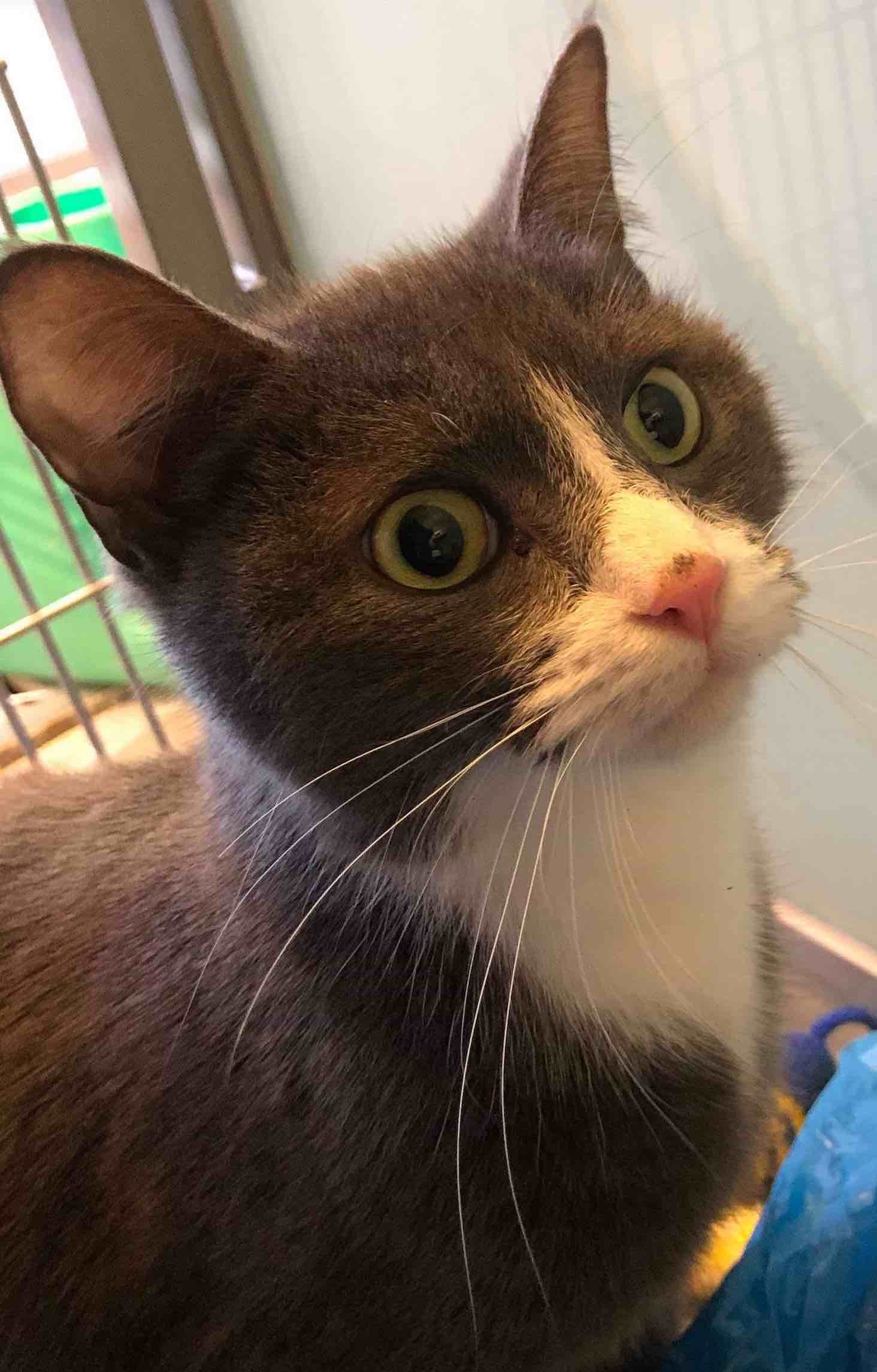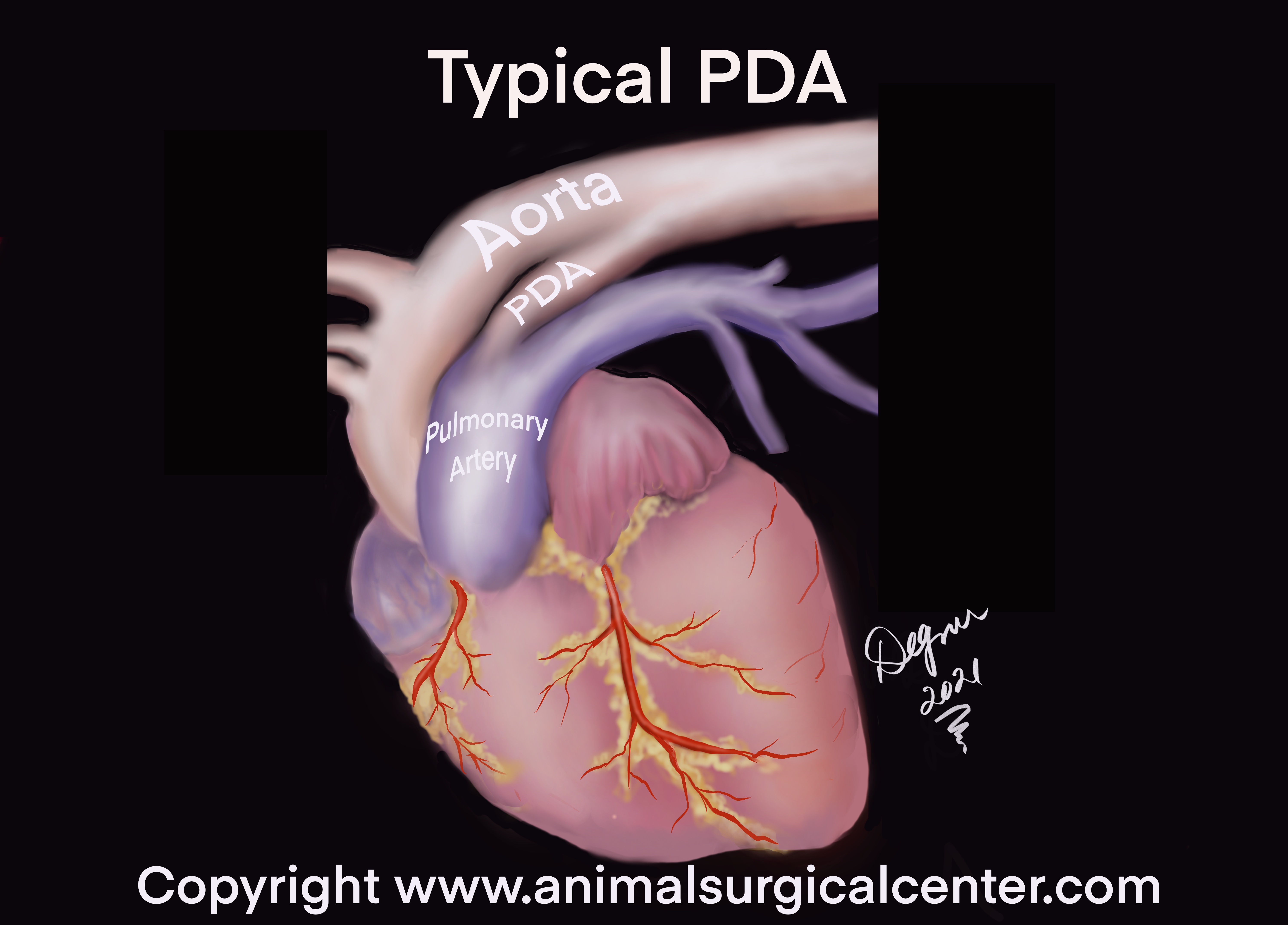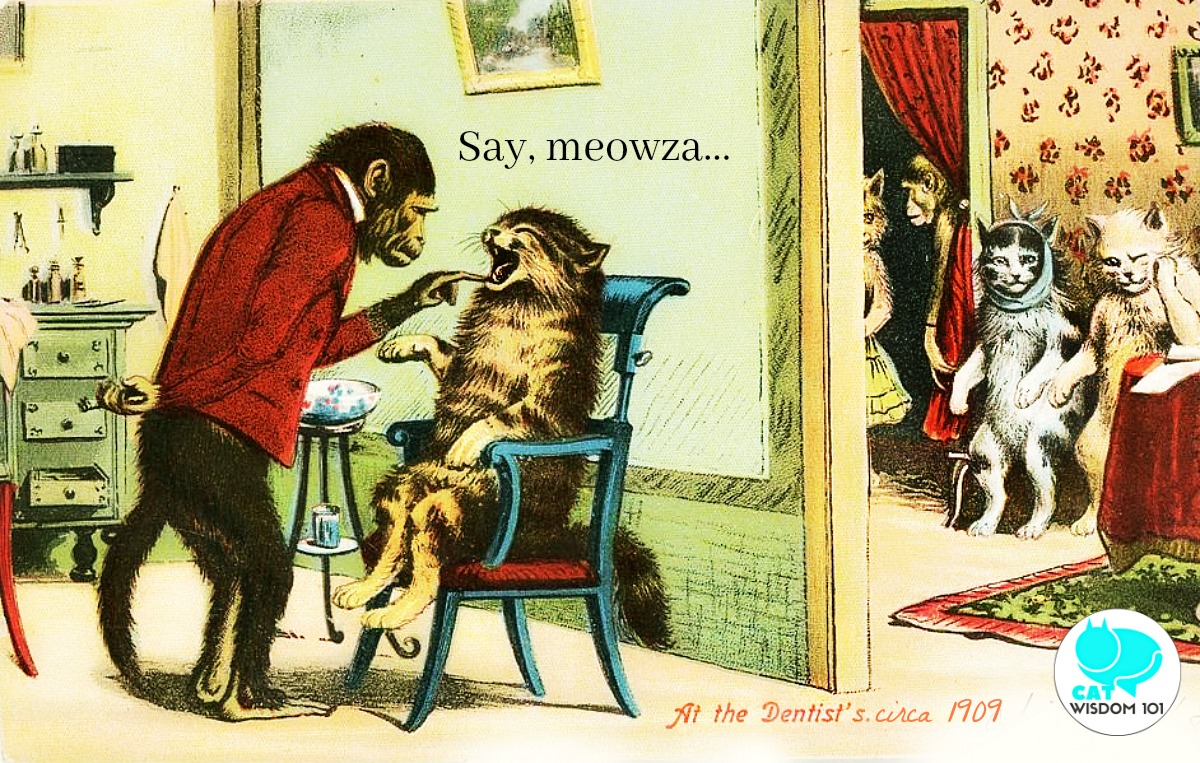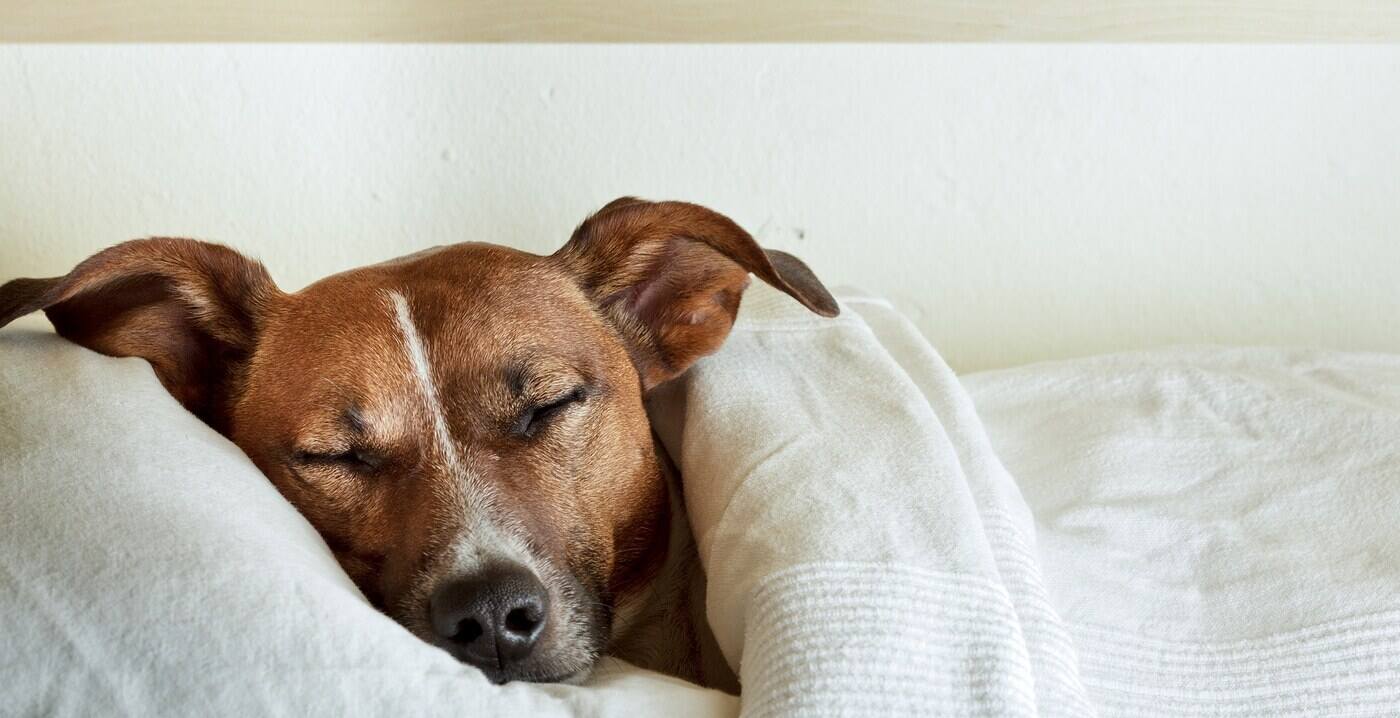Heart Murmur In Cats And Anesthesia

Any dog or cat with a murmur especially one that is suddenly detected meaning on his last exam it was not there but on this exam it is there or a pet that may be undergoing anesthesia.
Heart murmur in cats and anesthesia. The murmur may first appear at 6-8 weeks of age and a kitten with an innocent heart murmur will usually outgrow it by about 4-5 months of age. One study found prevalence to be 16 Paige C et al. For induction of anesthesia propofol is one of the safest methods.
The type of surgical procedure will depend on the exact nature of the disease. Heart murmurs are most commonly a result of a compromised heart valve. The prognosis depends on the cause of the heart murmur.
Cats Protection will only refer a cat to a specialist if classed as grade 5 or 6. This type of murmur is benign not harmful. Cats with HCM can have normal lives and then as they get older the heart can start to fail.
The anaesthetic risk is increased for patients with cardiac disease even if they are able to compensate. Yes certain heart conditions do increase the risk of general anesthesia. A veterinarian cannot tell the cause of the heart murmur just by listening to the heart.
A heart rate monitor counts your cats heartbeats per minute. Heart murmurs are graded 1-6 with 1 being of the least concern and 6 being of the most concern. More if there is more complication.
ANESTHESIA FOR FELINE PATIENTS WITH HEART DISEASE Hypertrophic cardiomyopathy HCM is the most common cardiac disease in cats. Anaesthesia in dogs and cats with cardiac disease. By monitoring your pets heart rate your veterinarian can make anesthetic adjustments quickly.

















